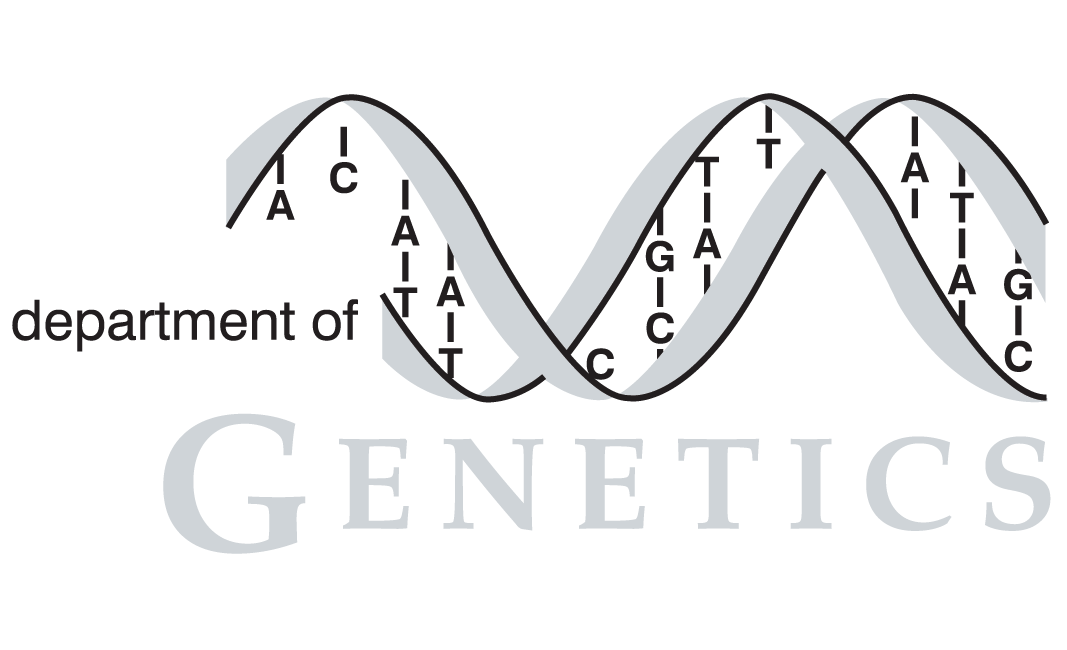| Citation | Buck TM, Jordan R, Lyons-Weiler J, Adelman JL, Needham PG, Kleyman TR, Brodsky JL. Expression of three topologically distinct membrane proteins elicits unique stress response pathways in the yeast Saccharomyces cerevisiae. Physiological genomics, 2015. |
| PubMed ID | 25759377 |
| Short Description | Expression data from yeast heterologously expressing _ENaC, CFTR or Kir2.1 [CFTR] |
| # of Conditions | 11 |
Full Description

|
Misfolded membrane proteins are retained in the endoplasmic reticulum (ER) and are subject to ER-associated degradation, which clears the secretory pathway of potentially toxic species. While the transcriptional response to environmental stressors has been extensively studied, limited data exist describing the cellular response to misfolded membrane proteins. To this end, we expressed and then compared the transcriptional profiles elicited by the synthesis of three ER retained, misfolded ion channels: The alpha-subunit of the epithelial sodium channel, ENaC, the cystic fibrosis transmembrane conductance regulator, CFTR, and an inwardly rectifying potassium channel, Kir2.1, which vary in their mass, membrane topologies, and quaternary structures. To examine transcriptional profiles in a null background, the proteins were expressed in yeast, which was previously used to examine the degradation requirements for each substrate. Surprisingly, the proteins failed to induce a canonical unfolded protein response or heat shock response, although messages encoding several cytosolic and ER lumenal protein folding factors rose when alphaENaC or CFTR was expressed. In contrast, the levels of these genes were unaltered by Kir2.1 expression; instead, the yeast iron regulon was activated. Nevertheless, a significant number of genes that respond to various environmental stressors were upregulated by all three substrates, and compared with previous microarray data we deduced the existence of a group of genes that reflect a novel misfolded membrane protein response. These data indicate that aberrant proteins in the ER elicit profound yet unique cellular responses. |
Tags
 |
Contact: sgd-helpdesk@lists.stanford.edu


